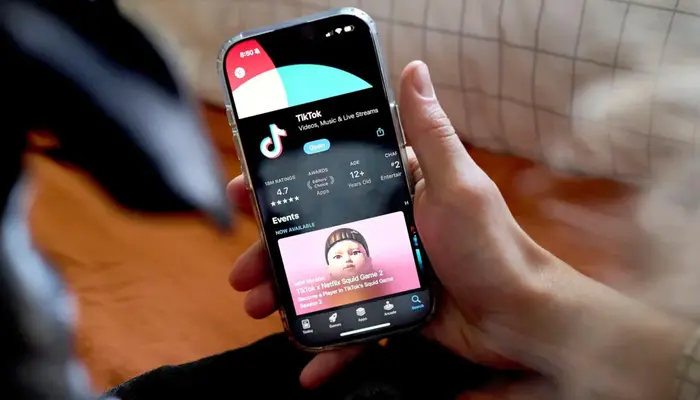The uncertain future of TikTok in the US has fueled a rise in sideloading, a method to install apps unofficially. Users are bypassing Apple’s App Store and Google Play to keep the app on their devices. This workaround reflects growing demand despite restrictions.
Ban and Sideloading Trend
An executive order under former President Donald Trump kept TikTok available, despite the Supreme Court upholding a law to sell or ban it. However, new downloads are restricted by Apple and Google. As a result, sideloading from third-party sources, often referred to as black markets, has become the go-to solution for many users.
Companies See Sideloading Spike
Signulous, a sideloading company, reported that 120,000 users have downloaded TikTok through its service. Neil Pomperleau from the company shared data showing peak downloads reaching 2,000 per hour. “One of the world’s most popular apps is now sideload-only in the US, driving record traffic to our site,” he said.
AppDB, another sideloading company, has recorded nearly 95,000 TikTok downloads and reported its membership doubling since the ban. These trends underscore how people will adapt to access restricted content.
VPN Use Increases
To bypass download restrictions, users are also turning to virtual private networks (VPNs). VPNs allow users to appear as if they are accessing the internet from another country, such as Canada, where TikTok remains accessible. Google search data shows that interest in “VPN” reached an all-time high last month.
Read: Overreliance on Gen AI Tools Can Hurt Critical Thinking
TikTok’s Response
TikTok appears to trust that the current law won’t be enforced. It recently released a download kit for Android users, making sideloading easier. Android users commonly sideload apps compared to iPhone users, where the process is more complex.
Legal and Security Concerns
Currently, downloading TikTok is not illegal. While distributing the app violates US law, Presidents Trump and Biden have both indicated they will not enforce the ban. However, sideloading operates in a legal grey area. Companies like Signulous charge a $20 annual fee for guiding users through the technical process, which carries risks of faulty or malicious software.
Apple opposes sideloading, citing security risks. It has long insisted that apps go through its vetting and verification process to protect users. Apple’s 30% commission on App Store purchases has been controversial but has also helped keep malicious apps out more effectively than Google’s Play Store.
Users Find Workarounds
Despite the risks, many users still sideload TikTok to avoid losing access. Dewayne Puckett, a US-based user, said that while sideloading was “an experience,” TikTok worked as expected afterward.
The TikTok ban scenario highlights how users and companies adapt to restrictions. While sideloading has surged, its risks remain a significant concern in the ongoing debate about app store policies and security.
Follow us on Google News, Instagram, YouTube, Facebook,Whats App, and TikTok for latest updates
